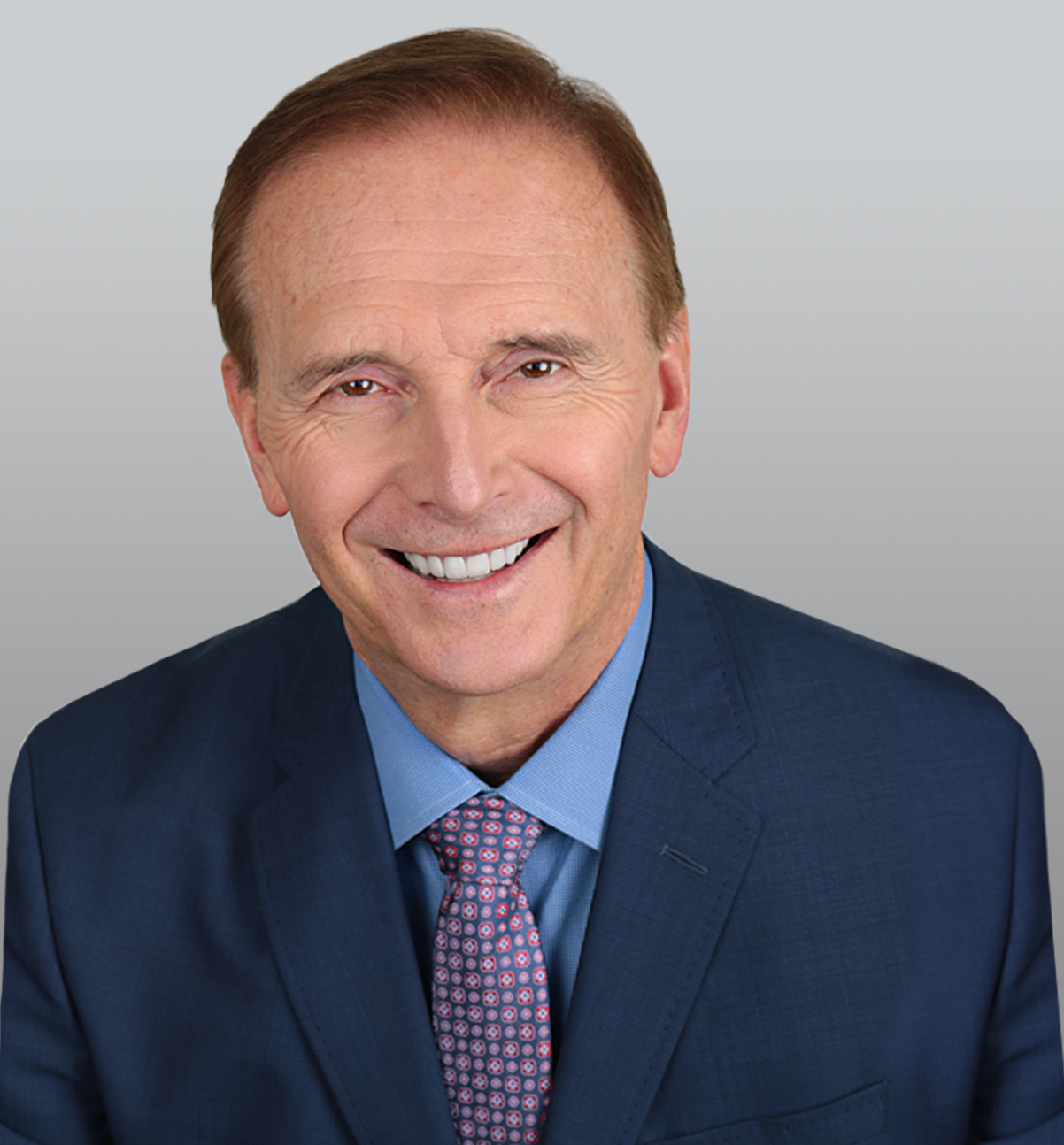
We are all familiar with the industrial revolutions that helped shape the world and propel innovation across the globe. From water and steam power to electric power to electronics and information technology, the new Fourth Industrial Revolution has now emerged. We’re living in a time when our technological capabilities blur the lines between physical, digital, and biological spheres (Klaus Schwab, founder and executive chairman of the World Economic Forum, does an excellent job breaking down the challenges, opportunities, and impacts of this Fourth Industrial Revolution).
It’s hard to remember a time when the internet wasn’t a part of our daily lives, or before we had incredibly fast, compact computers that we could carry around in our pockets. Our medical and nursing schools are filled with the next generation of health care professionals who have never known life without the internet. At any point of any given day, we can be connected to anything and everything, and this is only the beginning.
When these lines are blurred and innovation is happening faster than ever before, it can be intimidating and disorienting, but it can also be exciting and inspiring. In health care, we are seeing multiple changes that are a direct result of this new revolution. Because people can be connected to anything and everything, we know they want the same accessibility with their health care team. We have all come to expect quick and easy access to service and information. There is the same expectation to make health care appointments, order prescriptions, view test results, pay medical bills, and receive advice – wherever, whenever.
At Kaiser Permanente, we’ve been providing this digital access – and enhancing and expanding it – for years. This isn’t the health care of the future, this is the health care of today. That’s why we continue to dedicate time, energy, and resources to technology solutions that allow us to create a robust, virtual ecosystem that serves patient priorities. Investing in our people, processes, systems, technology, data, and culture is absolutely essential to providing a consistent, welcoming, seamless, and integrated care experience.
The challenge for all of us in health care will be to leverage technology without losing the heart and soul of caring. We must address the rising cost of health care, while working relentlessly to deliver exceptional quality and service. We need to empower caregivers to work more effectively and efficiently, while making care more accessible and convenient for patients. All of this means that we’re going to need to learn new approaches and unlearn established ways of doing things, do it all very quickly and never lose focus on our true north – quality care.
At Kaiser Permanente, we have the expertise and the passion to succeed in this brave new world by being agile, embracing and harnessing our diversity, and committing to continuous improvement. We know that technological advances should enhance – not replace – how we deliver care. When we practice Permanente Medicine, our special brand of inclusive, ethical, evidence-based medicine, we are honoring our past, caring in the present, and readying for the future. I can’t wait to see what that future will bring, and what it will mean for patients and those who care for them.

